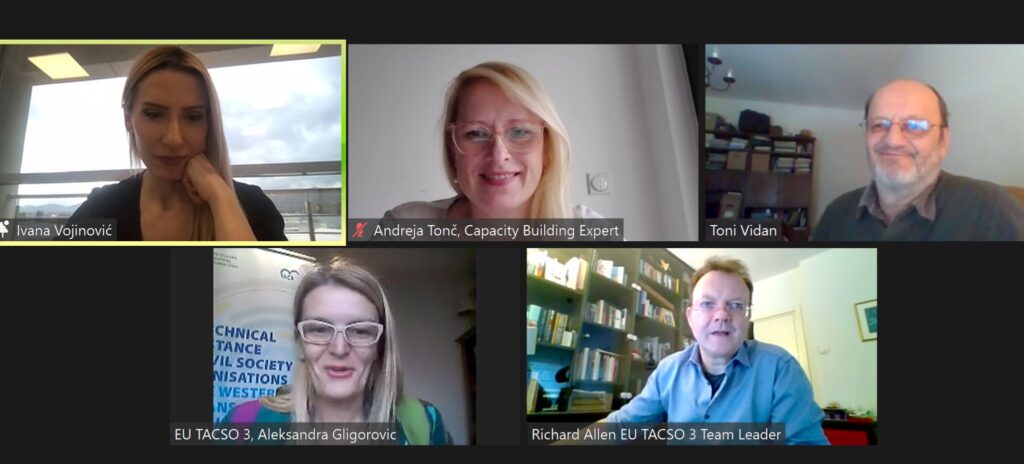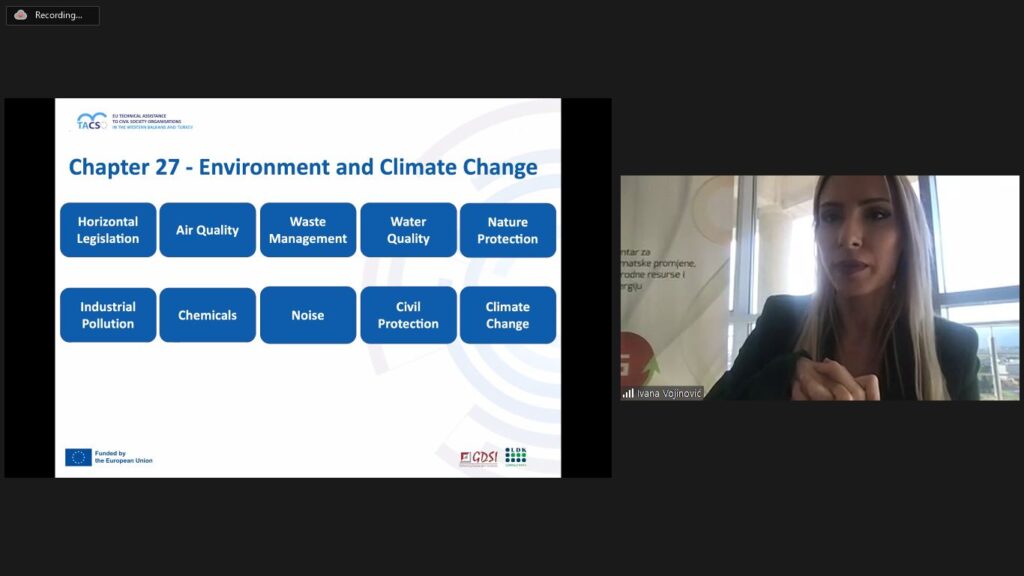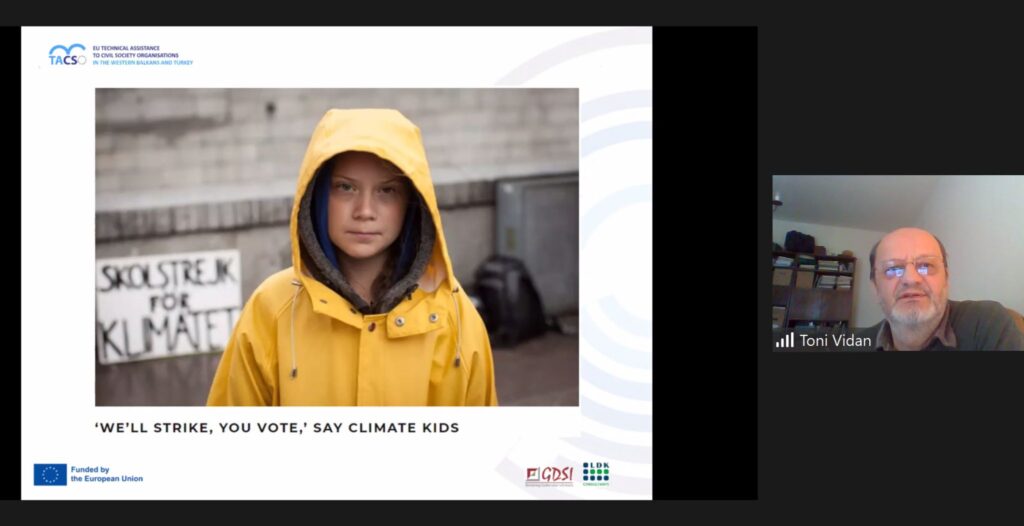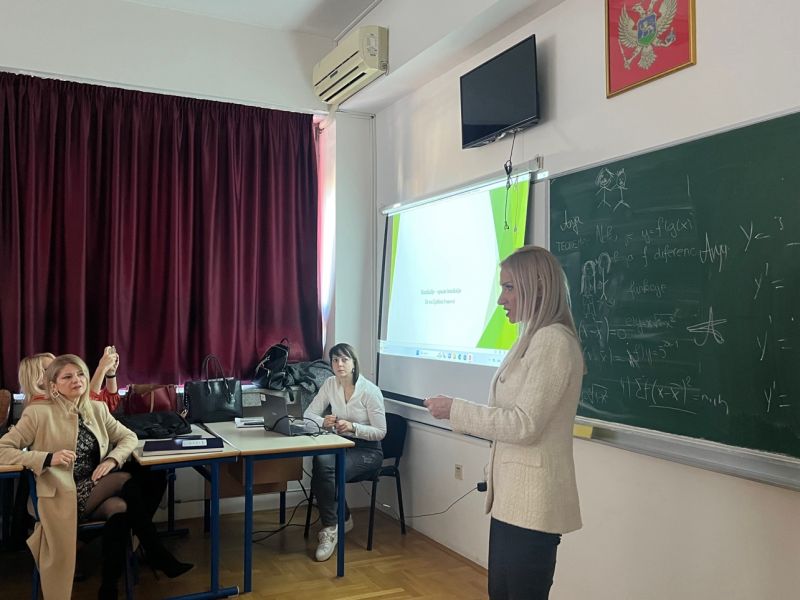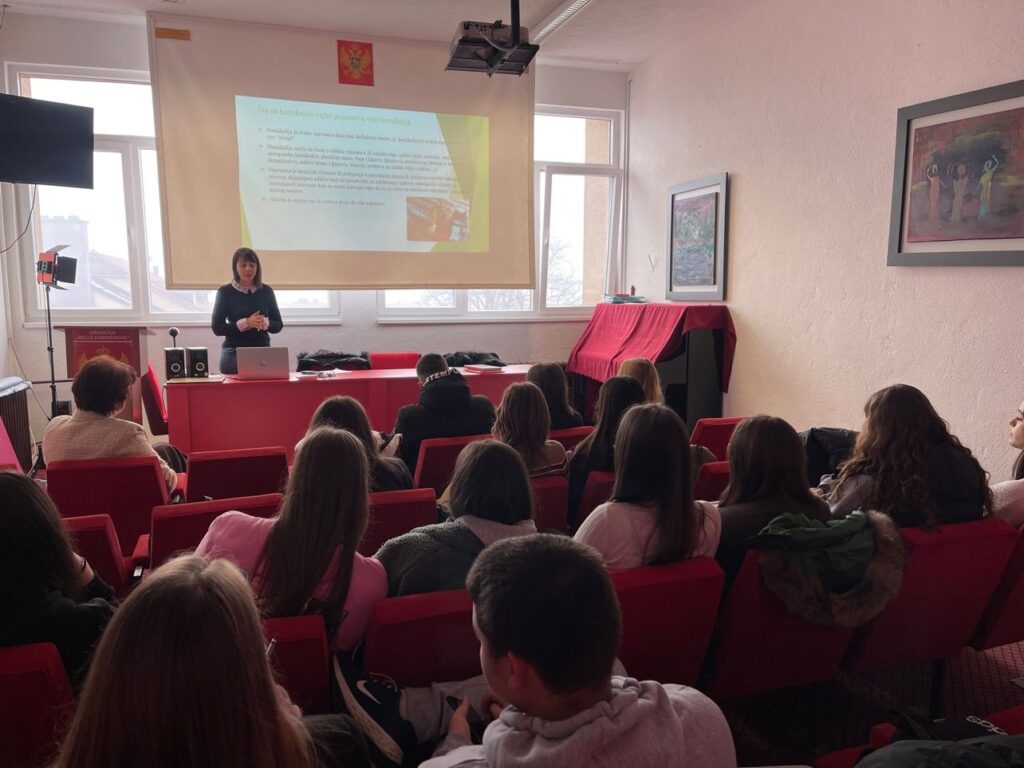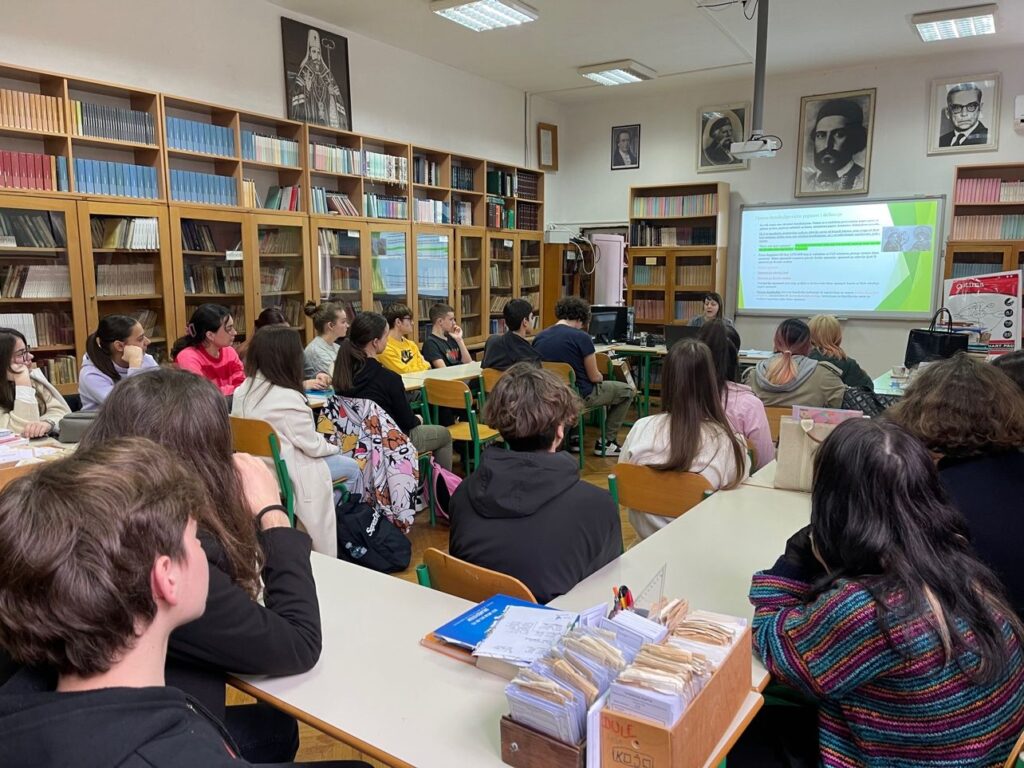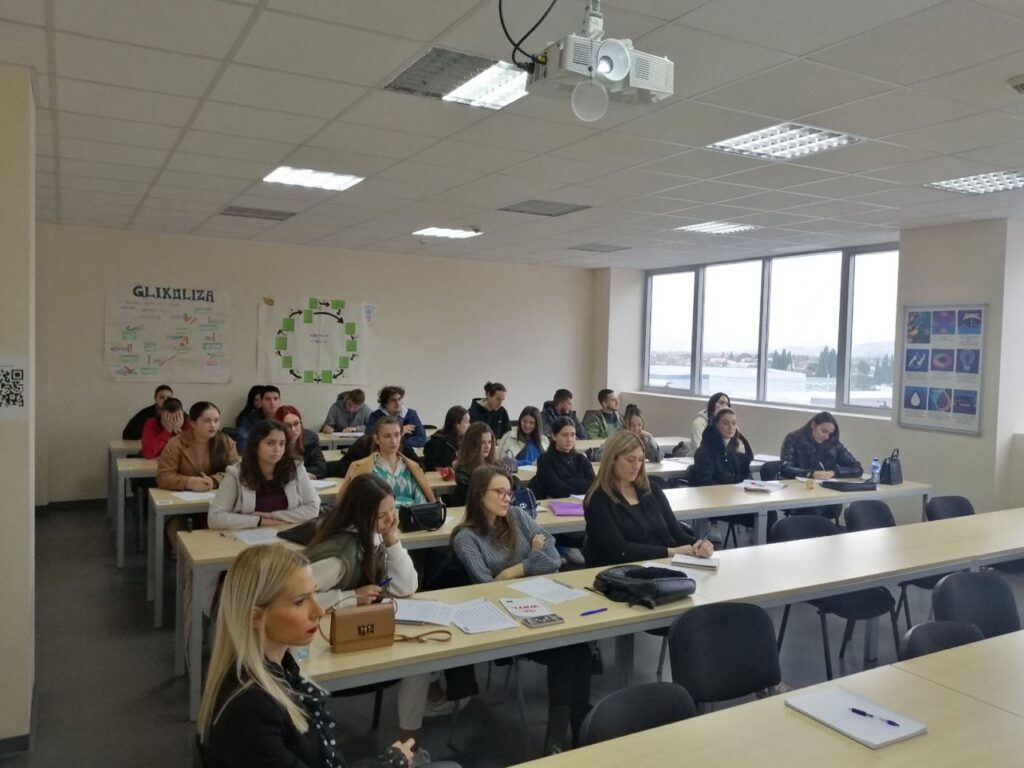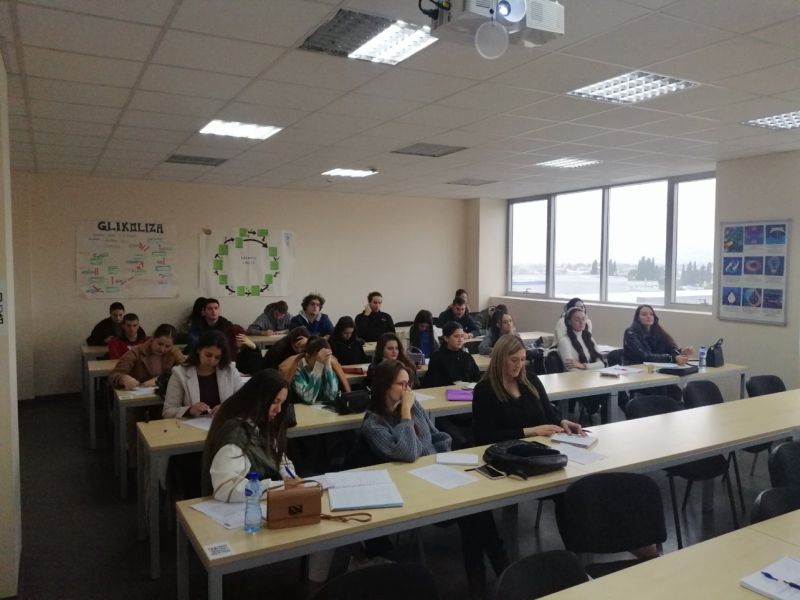🌿 The 2 day webinar was a deep dive into the role of non-environmental CSOs in promoting green transitions in the Western Balkans and Türkiye.🌿
Dr. Ivana Vojinović led us through the history and development of EU environment and climate change policy, skillfully outlining the European Green Deal as a new roadmap for sustainable development. Her insights into the financing mechanisms of the Green Deal provided a comprehensive understanding of its strategic implementation.
Toni Vidan, a prominent figure in environmental advocacy with Zelena akcija / FoE Croatia — provided an in-depth analysis of the EU Green Deal. He focused on the basics, the political framework, and particularly the energy sector’s role in achieving climate neutrality. Presenting the case study, decarbonisation of the energy sector, Toni remarked, “Community energy is also socially sustainable due to local ownership.”
Day 2 🌱 dr. Ivana Vojinović gave us insight into green transition in the context of the European Green Deal and reaching climate neutrality. She presented the Green Agenda for the Western Balkans and its main pillars:
🌳Climate action (including decarbonisation, energy, and mobility)
🍏Circular economy (addressing waste, recycling, sustainable production, and efficient use of resources)
♻️Biodiversity (aiming to protect and restore the region’s natural wealth)
🚜Fighting pollution of air, water, and soil
🌿Sustainable food systems and rural areas
